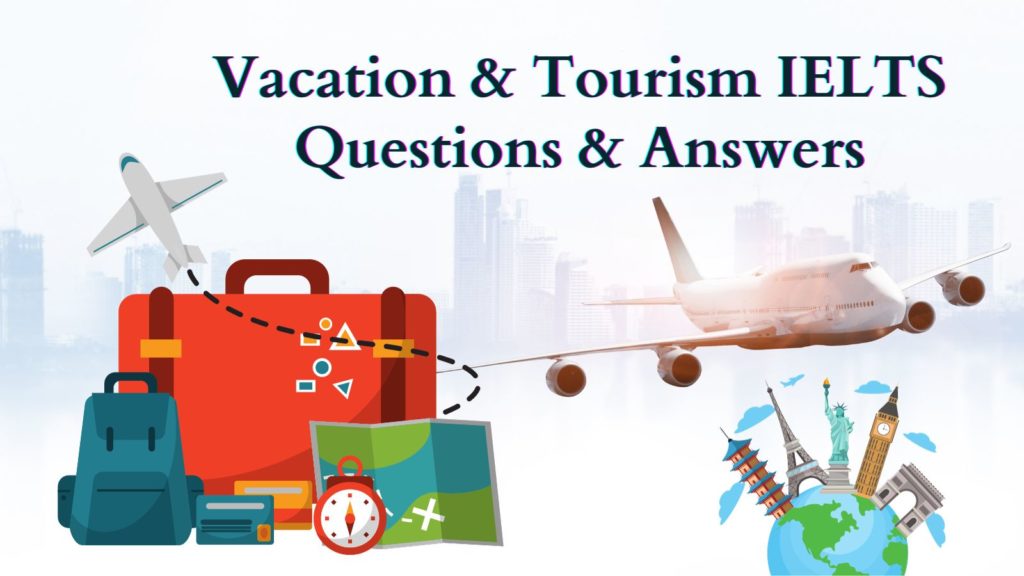Speaking about money is an important topic in IELTS speaking. It is always a good idea to keep information about famous topics handy and practice speaking them with your friends or other so that you can get practice before the actual test.For this post, I have prepared some common IELTS Speaking questions and their sample answers about money.
You might be asked general questions like,” How do you like to spend your money?” “Do you think it is important to have a lot of money?”” Do you think money can buy happiness?”and so on.The more complex questions like the last two of these might appear in IELTS Speaking part 3.
Sample Q & Answers about Money in IELTS Speaking
Here is our first Question:
1. How do you spend your money?
Well, I try to budget my expenses carefully. Since most of my expenses are actually borne by my parents as I am a student; I try not to be a burden for them and spend my allowances only on necessities such as paying hostel dues and food.Also, I get some money from my part time job which I like to save, but sometimes I spend it on leisure activities and books as well.
2. What is the best way of saving money?
I believe the best way to save money is to stick to only the necessary thing in life. For example it is better to eat home cooked food whenever you can and avoid dining out and take outs. Minimizing unnecessary expenses such as impulsive buying and shopping for trendy stuff can also help.For a student, it is also essential to secure some part-time work to avoid becoming a financial burden on his or her parents.
One good way of saving money on utilities is to make sure there are not extra resources like electricity or water being used.That is why it is important to turn off electric devices and lights whenever you should. Another good practice is to use public transportation instead of a personal vehicle to avoid spending money on maintenance and petrol. Moreover, keeping track of your expenses can help you plan better for your future.
3. What is the best way to save money while traveling?
I feel that proper planning is the key to saving money while traveling. To begin, pre-booking accommodations and transportation has shown to be very efficient to get cheaper rates. Furthermore, taking public transit rather than taxis or renting a car not only saves money but also provides for a more immersive experience in the local culture.
Exploring free or low-cost locations, as well as bringing snacks to avoid expensive meals, are techniques that I have found to be beneficial in remaining within budget. Choosing low-cost accommodations, such as hostels or guesthouses, has also shown to be a successful technique for controlling costs. Finally, keeping track of souvenir purchases and using travel apps for real-time discounts add to a more cost-effective and enjoyable trip experience.
4. Can money buy happiness?
You know, it’s interesting how people often think that having more money automatically means being happier, but I’ve come to realize that it’s not that straightforward. I mean, sure, money can make life more comfortable, but it doesn’t guarantee happiness. Take relationships, for example. No amount of money can replace the joy that comes from meaningful connections with family and friends. And when it comes to experiences, the best ones are often about the moments, not the price tag.
Like, you can travel to fancy places, but the real happiness is in the authentic experiences and cultural connections you make. Plus, health is a big one. Money can buy good healthcare, but it can’t guarantee you won’t face health challenges. And you know, the more you have, the more you might want, and that doesn’t necessarily lead to lasting happiness. Life’s unpredictable, and money can’t shield you from all the ups and downs. So, while it’s nice to have, true happiness? That’s a bit more complex.
Find more sample answers and questions on IELTS and English proficiency test preparation here:
IELTS Speaking Test Preparation


